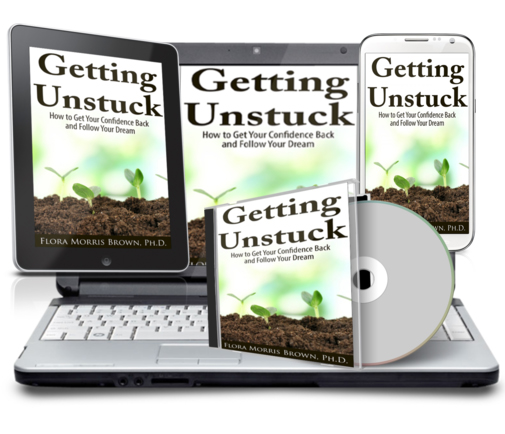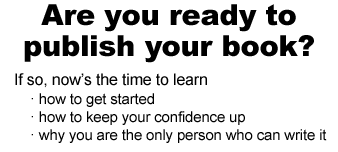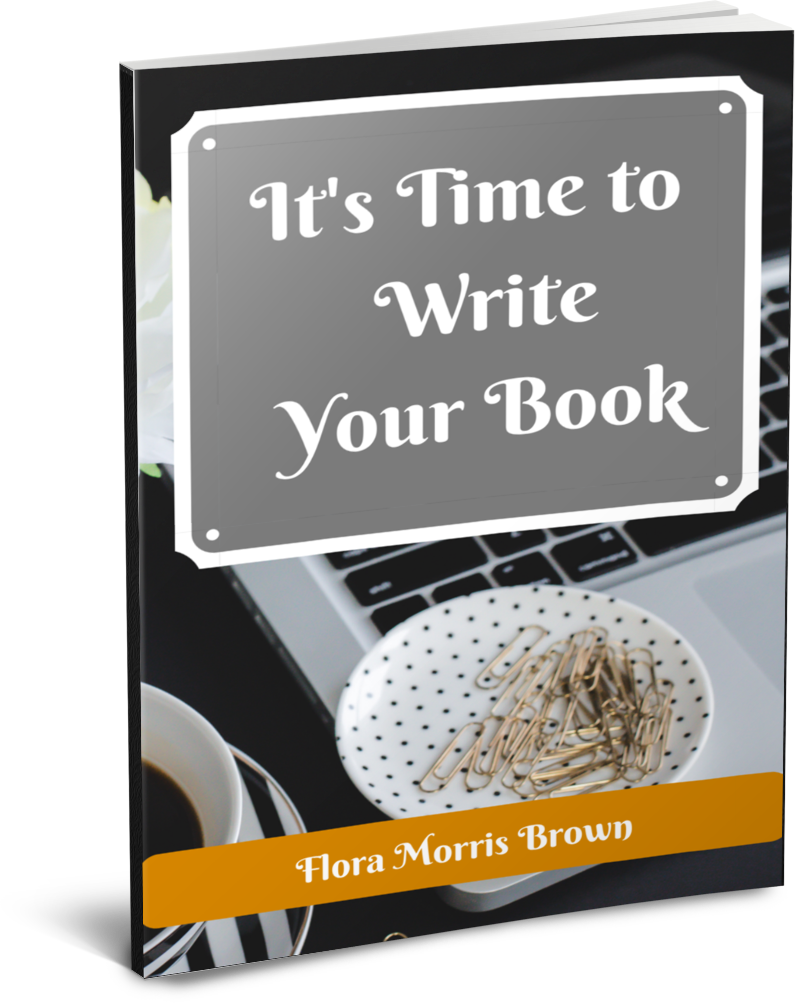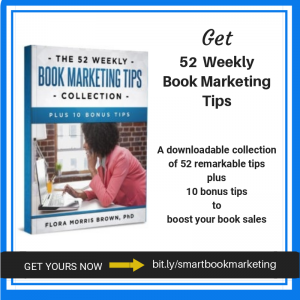 Michael S. Hart, founder of Project Gutenberg, is given credit for inventing the first ebook in 1971 when he typed the United States Declaration of Independence into a computer.
Michael S. Hart, founder of Project Gutenberg, is given credit for inventing the first ebook in 1971 when he typed the United States Declaration of Independence into a computer.
Hart, an author, had been given unlimited computer time by the operators of the Xerox Sigma V mainframe at the University of Illinois and wanted to do something worthy of his time. While computers were being used mainly for data processing then, Hart decided to use it for information distribution.
It wasn’t until 1992 when Sony created the Discman that there was a reader for the ebook. Today the ebook has grown in such popularity that not only have many new devices sprung up for reading it, but it is an alternative format for print books, with its own category on Amazon.
Ebooks have many benefits for authors and readers
- Ebooks enable authors to get their books disseminated widely and more quickly. Some authors test the market with an ebook version of the first few chapters of their book and finish their work according to reader responses.
- Ebooks incur no production costs and are much more affordable to purchase. With no startup or setup costs involved, an ebook is almost all profit for the author or publisher. Then with an average cost range of 99 cents to $9.99, the ebook is much more appealing to cost-conscious readers.
- Ebooks are so much more accessible and portable. One frequent traveler and avid reader shared how he was slow to embrace the Kindle when it first appeared on the market, until he discovered the joy of being able to carry up to 1500 books in a device he could slip into his briefcase.
- As eReaders have become more and more sophisticated, one of the biggest benefits of an ebook is its hyperlink capability. Now when an author mentions a source or website in the text, you can visit the source with one click or watch a movie clip. You can take notes, save your spot, look up terms, and interact with a text in a way not possible with print books.
Ebooks mean no amassing and storing inventory
- Ebooks and magazine articles can now be available in digital libraries, enabling educators, researchers and students to access information instantly and conveniently without geography or limited copies being a barrier. At a meeting for online teachers recently, one of the university librarians shared the ease with which our students can now access books and articles from the library from within our online courses. We were also learned that the library will create digital guides specific to our courses if we will identify the materials we want our students to access.
- The popularity of the ebook has lead to it being accessible even if you don’t own an eReader. While eReaders must still be purchased, Amazon made a free Kindle app for reading ebooks from your computer, smartphone, and other devices.
Ebooks have called many things into question
- How long is an ebook? There is no definitive answer. The number of words on a print page no longer applies since the page size of an ebook depends on the size of the device on which it’s being read. Then there are varying font styles and sizes which affect the number of words on a page.
- The pricing of ebooks has caused one of the biggest disruptions in the world of publishing. The reading public who was quite willing to pay $19.99 for a 6″ x 9″ paperback, refuse to pay the same price for the digital version. This issue gained attention in the news when a lawsuit was filed against Apple and five major publishers charged with illegally fixing the prices of ebooks in an effort to fight back against Amazon.
- While ebooks were at first the digital version of a print book, many authors are writing ebooks as the first and sometimes only version of a book.
- Bestseller status no longer applies just to authors of print books. Bestseller is now based on number of sales whether they were print or digital books.
Regardless of the success of ebooks, many book lovers are not ready or willing to give up the touch and smell of “real” books and the tingly pleasure of browsing library or bookstore shelves.
The future of ebooks is bright
In 2000 Stephen King gazed into the future, and he saw it was digital. He decided to sell a new serial novel directly to his readers in digital form from his website instead of through his publisher. His plan was to sell his novella, ”The Plant,” for $1 per chapter. While his publisher judged the experiment unsuccessful by comparing the sales to King’s print bestsellers, independent authors felt that King had given digital publishing the push it needed. In the video below you’ll discover that Stephen may be the king of horror, but he’s not afraid of the future of books.
When the first Kindle device was released in 2007, the ebook momentum had found its rightful delivery system. By the fall of 2011, a hard-working unknown author of paranormal romance, Amanda Hocking, joined 11 well-known authors in the elite group of Kindle millionaires. She talks about the immediacy of digital books in the following video and her decision to embrace both legacy and digital publishing.
While we have yet to settle on how we will spell ebooks (ebooks? Ebooks? e-books? eBooks?) we can’t deny that they have changed writing, publishing, reading, and even libraries forever. If you think the first bookless digital library, the BiblioTech in San Antonio, TX, looks very much like an Apple store, you’re right. Its designer, Walter Isaacson, was inspired by the biography of Steve Jobs.
The ebook is indeed the Brave New Word.
If you’ve been yearning to write your own print or ebook, get encouragement and guidance from my 4-week eCourse, Rockin’ My Book, delivered digitally.
====
This article first appeared on LinkedIn at http://linkd.in/1qjjFHs












